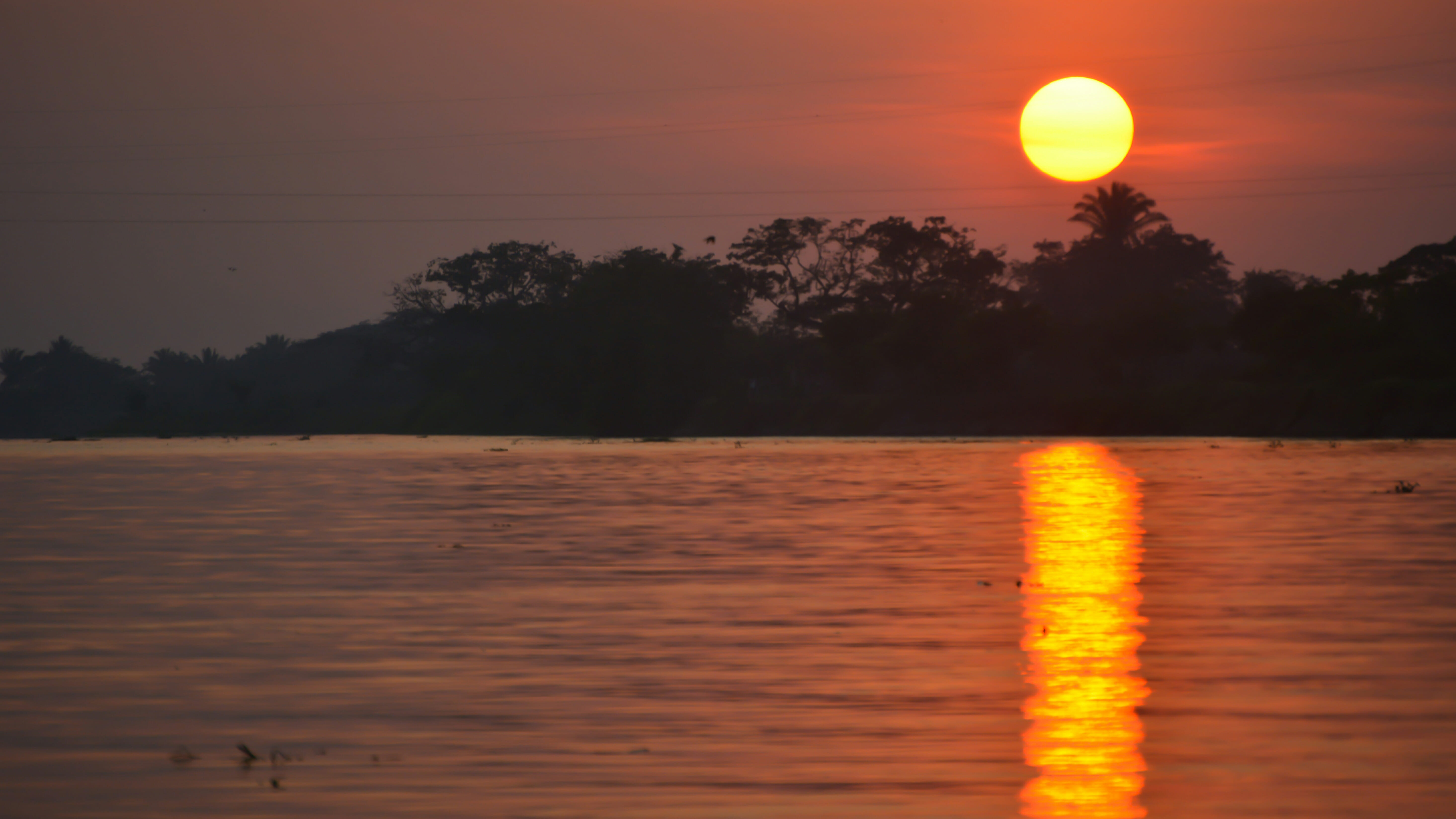EarthRx: Can the World’s Love for Gabriel Garcia Marquez Save Colombia’s Magdalena River?

EarthRx is a biweekly column that highlights the people, organizations and discoveries solving today’s most pressing environmental and public health problems. Although the landscape is complex, many of these solutions are surprisingly simple and rely only on tapping into the power of community, ingenuity, natural abundance and good ole love to save the day.
![]()
As the last bell tolls for the Magdalena River, which has gone dry at critical points along its estuary due to deforestation, a Colombian crowdfunding campaign hopes to pull off a feat of magic realism that taps into the power of love to save the day.
Anyone familiar with the works of Noble Prize winning author Gabriel Garcia Marquez has the Magdalena River burned into their memory banks with a passion. Marquez, who is affectionately known as “Gabo” throughout Colombia, spent his youth traveling up and down its banks and it figured as more of a protagonist than a backdrop in bestsellers like Love in the Time of Cholera and The General and His Labyrinth.
But the mighty Magdalena, the country’s principal and most important river – it snakes through the heart of Colombia from the towering Andes to the crystal clear Caribbean and is home to a crazy diverse array of fish and animals, including African hippos introduced by none other than Pablo Escobar himself – has been slowly dying for decades. Deforestation along its banks has led to extreme soil erosion and the sediment-swamped waters now form a gloomy pale wasteland at its terminus where an exuberant tropical wetland ecosystem once reigned.
Gabo was already shocked at the state of the Magdalena, his childhood inspiration, back in 1981 when he pleaded with the public for its salvation in an editorial for the Spanish newspaper El Pais:
“The rehabilitation of the Magdalena will only be possible with the continuous and deep effort of by at least four aware generations: a whole century spent sowing 59 million trees.”
This was four years before his international sensation Love in the Time of Cholera was published. But in the novel, the author again takes up the theme, positing the destruction of the river against the aging and mortality of poet Florentino and his lost and found again love Fermina:
“Florentino Ariza, in fact, was surprised by the changes, and would be even more surprised the following day, when navigation became more difficult and he realized that the Magdalena, father of waters, one of the great rivers of the world, was only an illusion of memory. Captain Samaritano explained to them how fifty years of uncontrolled deforestation had destroyed the river: the boilers of the riverboats had consumed the thick forest of colossal trees that had oppressed Florentino Ariza on his first voyage.”
To literati types who can read between the lines, like Carlos (Cabeto) Alberto Duque and Wilmar Duque Gómez of Colombia’s new literary tourism consulting operation Reco Veco, the romance of lovers Florentino and Fermina sailing up and down the Magdalena’s length for eternity as an escape from mortality is a clear metaphor for the transcendent power of love.
![]()
-

-

-

-

-

-

-

-

-

-

-

-

-

-

-

-

-

-

-

-

-

-

-

-

-

-

-

-

-

-

-

-

-

-

-

-

-

-

-

-








































